There is a popular conversation icebreaker question that goes something like this:
"If you could know the exact date and time of your death, would you want to know, or would you prefer not to know?”
How you answer might say something about your outlook on life and your coping mechanisms for uncertainty.
My first response to this question is, yes, I LOVE a deadline, give me the date and I will get to work on this right away! My death deadline would grant me full permission to do the scary things I am currently avoiding, and I would create a spreadsheet, task list, and death day countdown timer for executing said things.
But…that’s silly.
Even if I calendared my bucket list, I couldn’t predict how external circumstances like the environment, available resources, and organic human reactions (aka, the things out of my control) would affect my plans.
Alas, my mortal future remains terrifyingly uncertain 💀😭.
I used to rely on institutions for emotional security against uncertainty - the institution of family to shape my morals, the institution of school to prepare me for how to be a functional citizen, and the institution of government to provide social security and enforce justice.
However, as my values started to evolve away from those institutions, I grew more and more anxious about making the wrong choices about my future. I am constantly inundated with choices - from small things like, “What should I feed myself today”, to bewilderingly big things that I don’t even know if I have any effect on like, “What can I, (one small human) do about the climate crisis?”
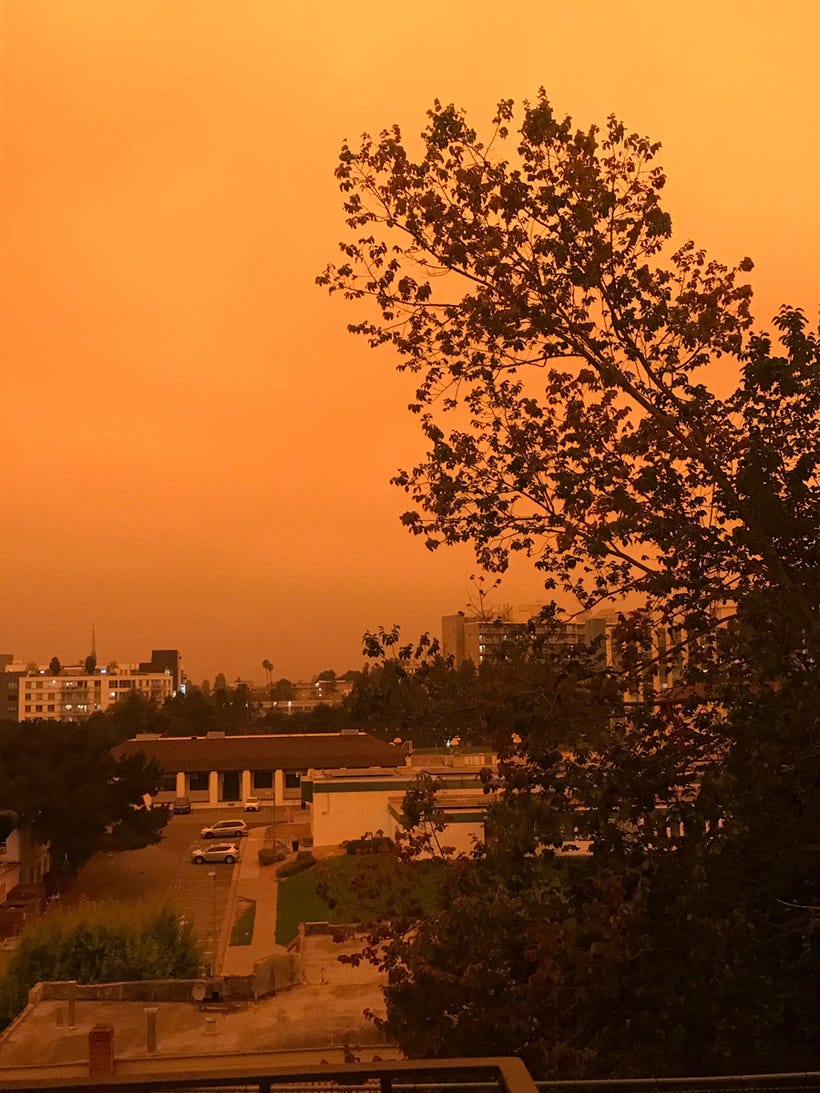
The answer?
I don’t know.
I mean, “What do feed myself?”, my stomach-brain will eventually figure out the answer to that, but everything else - the answers might not come as quickly if they come at all. It’s scary to admit “I don’t know.”
My parents rarely admitted “I don’t know,” to me, they always seemed to have an answer to my anxious questions. This is how the world works, this is how you do things, the ONE RIGHT WAY. I would later learn, that their answers were often opinions masquerading as solutions!
If you don’t know, then you are stuck, you sweet, innocent, dummy, you. You are incapable of parenting, teaching, leading, etc. But what if that were not true - what if, instead of “I don’t know” being a locked door you don’t have the key to, what if “I don’t know” was a portal to multiple possibilities?
And if those possibilities are not too terrible, how do you choose which one to go with?
This is a complex feeling that I play with on the mornings I sit down to journal - a feeling that I'm going to call, Introspective Uncertainty.
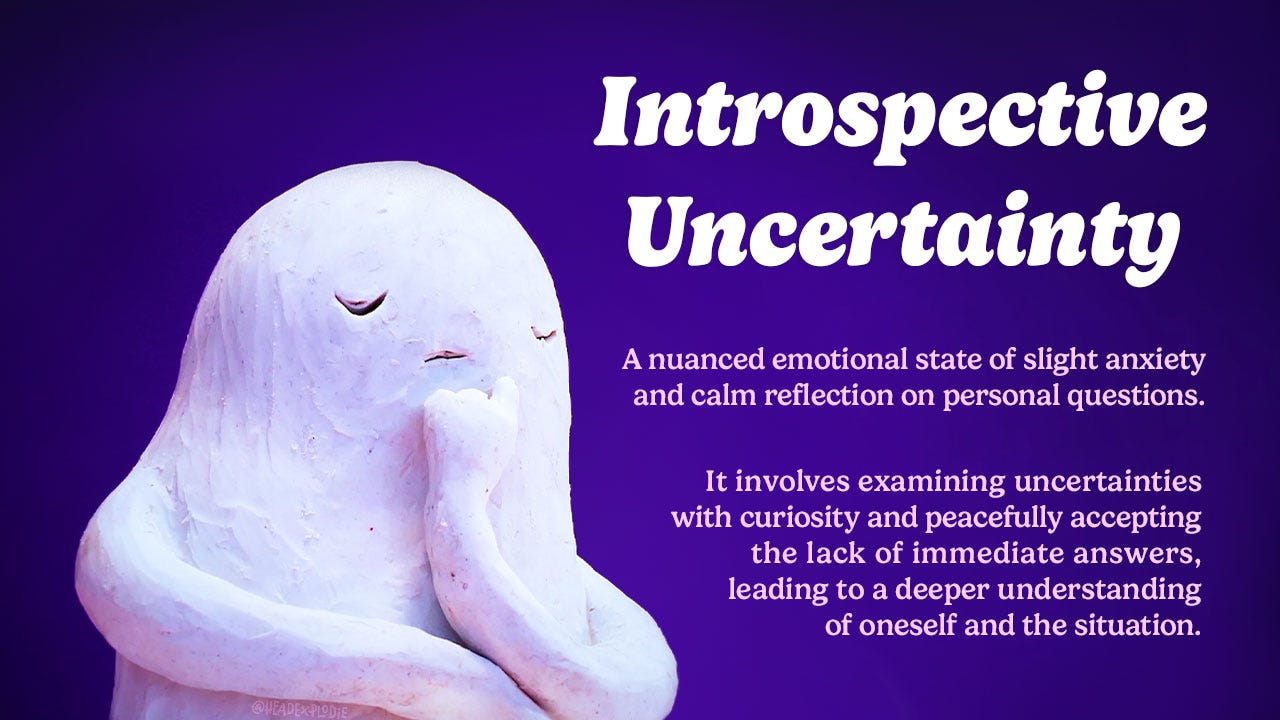
Orange Skies Day brewed such a big batch of cortisol in my bloodstream that I didn’t know what to do with myself because the first question that came to mind was “How do I make the fires stop and get the sun to come back?” The answer - I don’t know. That’s not a door I have a key to. That was probably not the right question to ask anyway.
After sweating out the stress hormones on my indoor bike for half an hour, I stopped trying to unlock that big giant door of uncertainty and aimed the key at myself.
“How would I describe the sensations I’m feeling right now?”
“Why does this hurt so much?”
“What do I need to feel ok?”
This unlocking of self-knowledge allowed me to turn my focus away from the big giant door, the need for the institutions that raised me to tell me the answer and to solve the problem for me. When I unlock the key to my own heart, I can pull my feelings out and try to examine my multifaceted situation from different angles. That big locked door of uncertainty morphs into a portal of possibility, and I can walk through it using my freshly tuned heart as a compass.
In other words, “I don’t know” opens follow-up statements such as -
I don’t know but here is what I do know (self-awareness)
I don’t know but I would like to learn (curiosity and growth mindset)
I don’t know, can we find out together? (invitation for collaborative learning)
I don’t know, is that something you or someone you know can help me with? (tapping into the interconnected collective for resources)
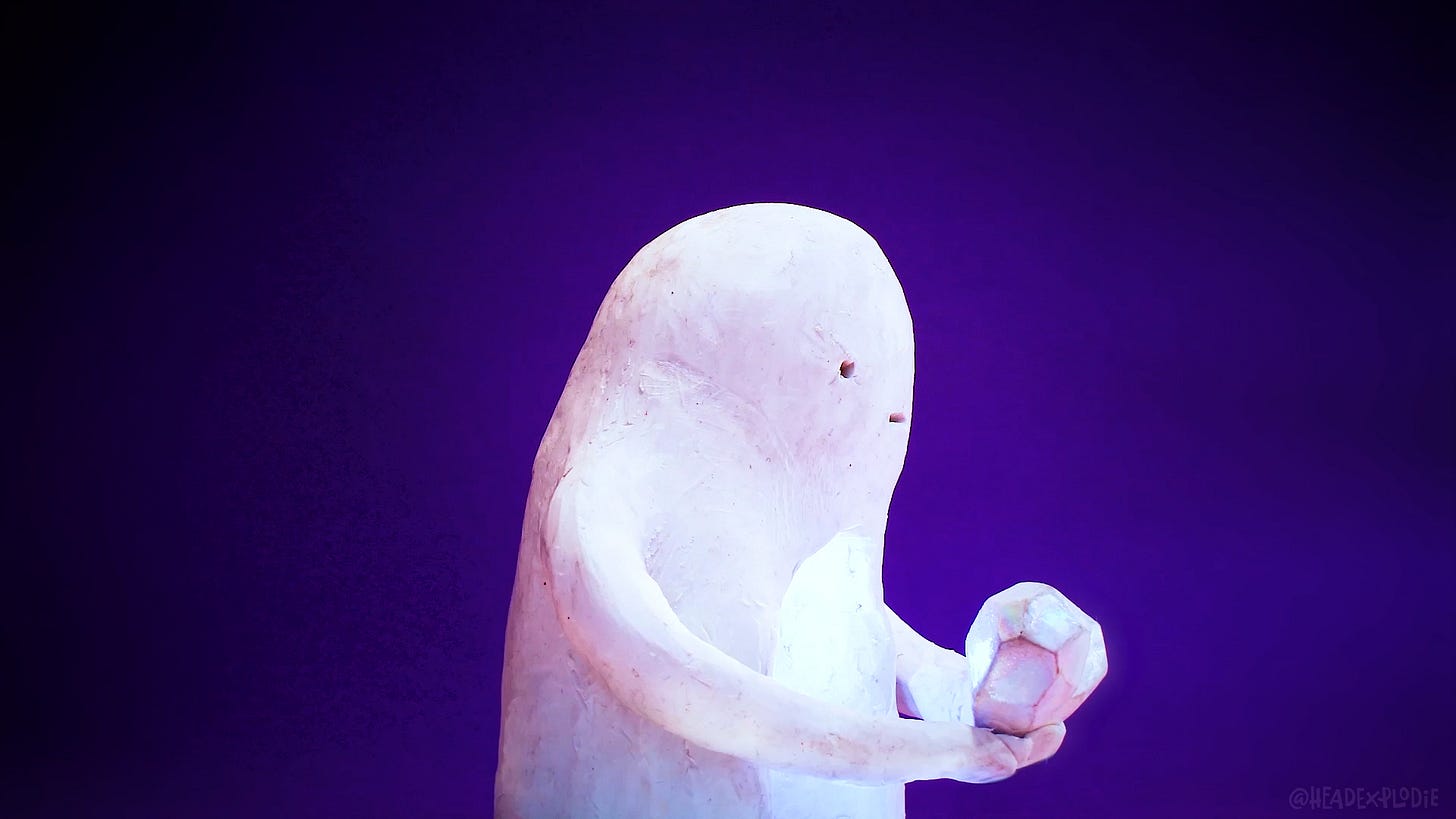
I still make spreadsheets, schedules, and to-do lists, but now they are less of a coping mechanism and more of a set of tools to help me with my explorations. I try to allow for more margin and mystery, and I'm open to making adjustments when I gain new knowledge. Introspective uncertainty helps me be ok with not knowing at the moment and encourages me to get curious and experiment with the different portals of possibilities.
The world didn’t end on Sept 9, 2020. The sun returned the next day, and each day brings a new set of questions, some to ponder, some to solve, and some to put on a shelf to ripen and reopen at a later date. When I look at it this way, the questions become beautiful in their mystery - especially if we can look at them and walk through the portals of possibility together.
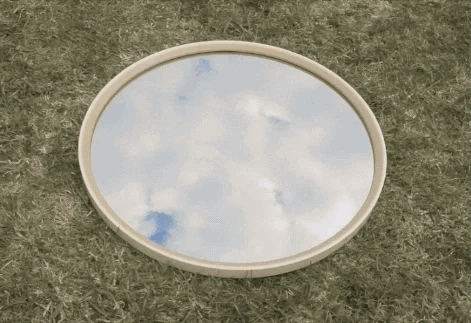
📣 Hypewoman Time 🙌
One of my favorite improv games is called "hypeman" because I LOOOOVE hyping other people and cheering them on. So this is the section of my newsletter where I share some things I'm excited about and make me happy:
Linda Barry’s Two Questions - “Is this good?” “Does this suck?” Embrace not knowing. Not knowing can actually be fun!
Margins of Maneuverability by Tara McMullen - Tara makes a brilliant connection between the infamous Star Trek no-win simulation, the “kobayashi maru” with the idea of the "margin of maneuverability” and how that can give you “the feeling that there is always an opening to experiment, to try and see. This brings a sense of potential to the situation."
Muppet History on Instagram - A fan page dedicated to continuing the spirit and silliness of Jim Henson!
❤︎,
Annie
P.S. If you'd like to support my art practice further you can...
💌 Become a subscriber to my newsletter:
📤 Share this with a friend who you think would enjoy it:
👩🎨 License a GIF or illustration! Get in touch with me if you'd like to use Headexplodie artwork in your projects.
Thank you, you awesome human, you, for reading my newsletter ☺️!





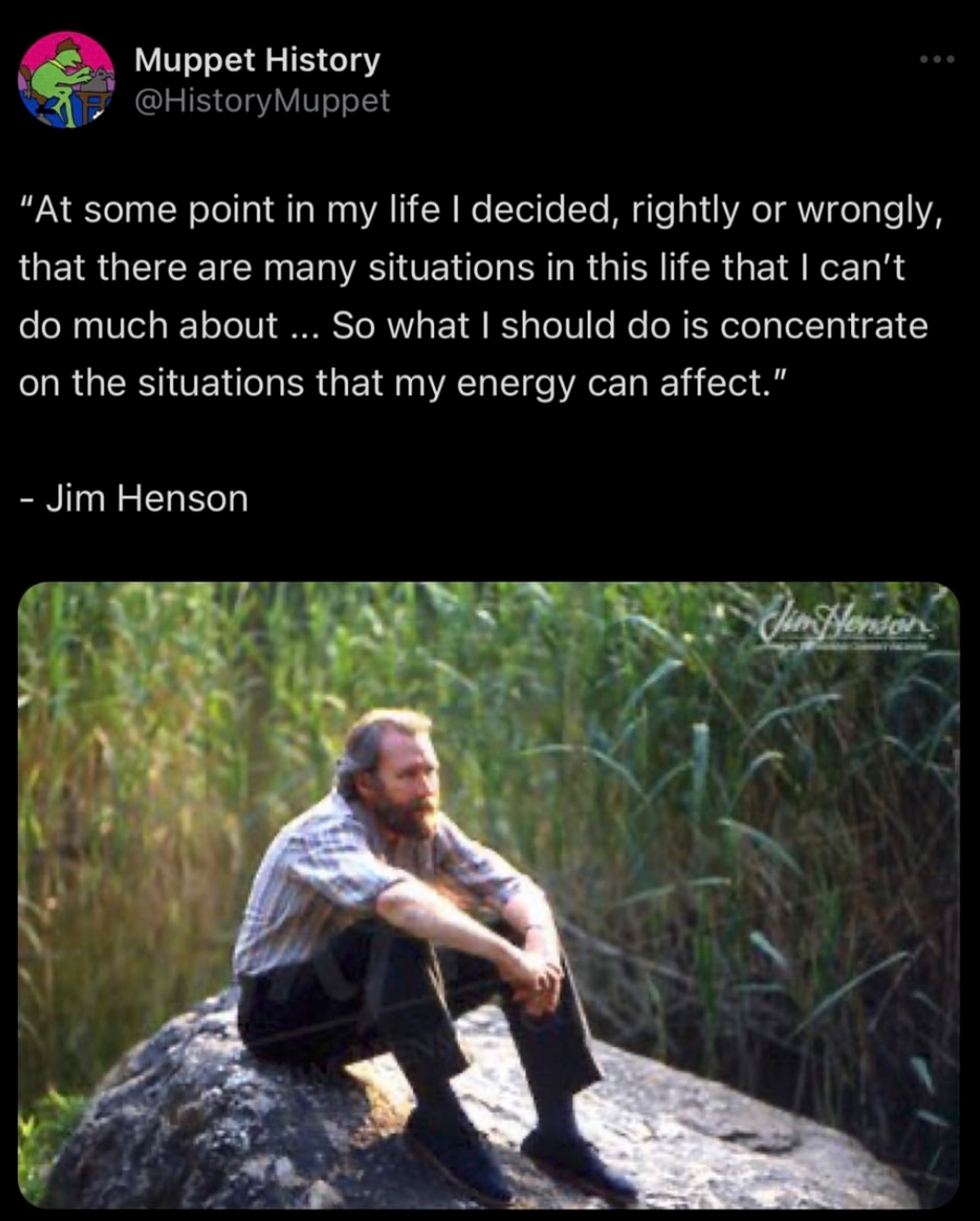

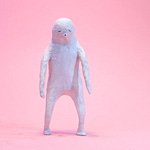
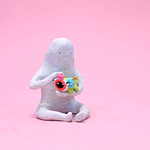
Share this post